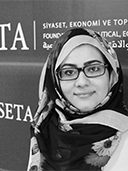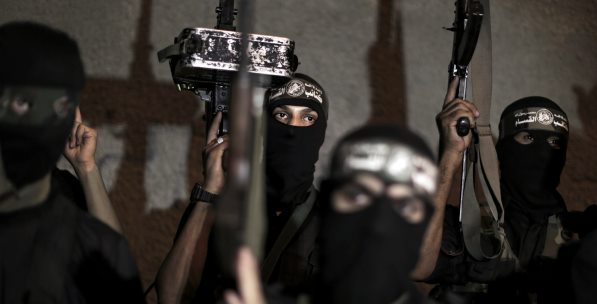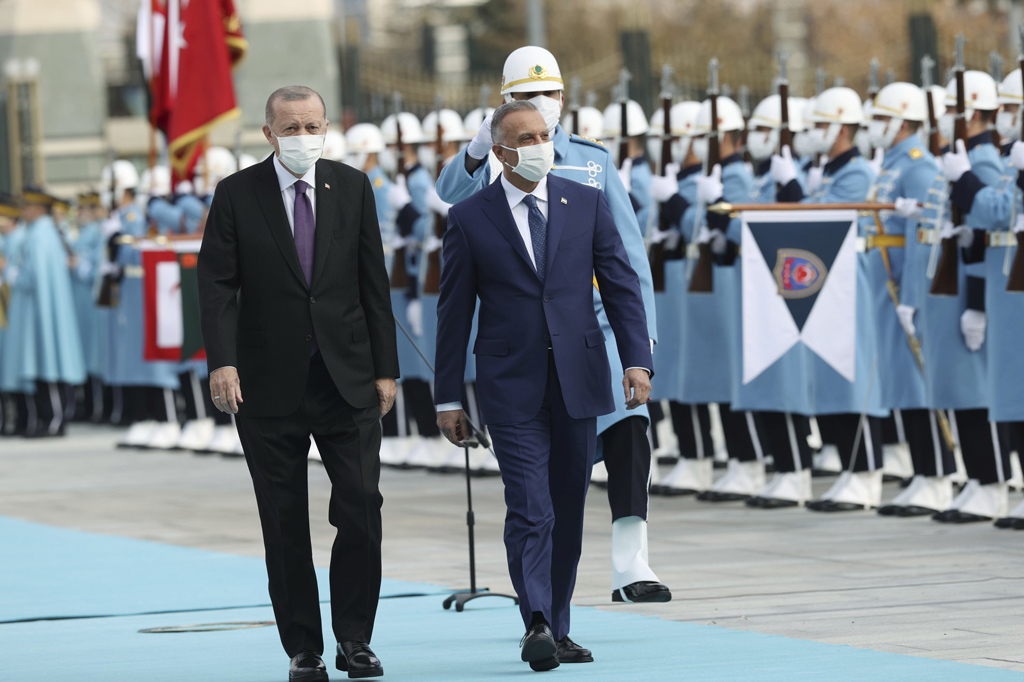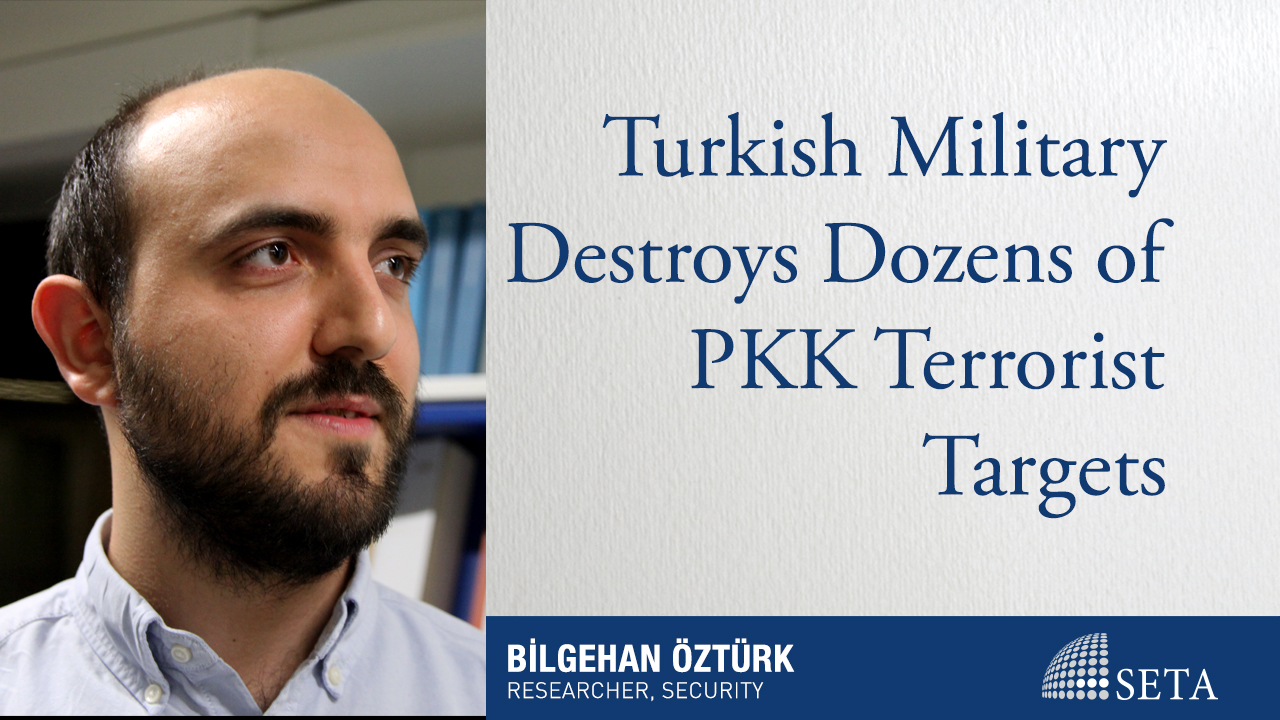Last week, in both print and broadcast English media, a story was picked up by many outlets such as the Independent, the Guardian and USA Today. The headline read: "How gender barriers are now falling in the West Bank" and the articles explained that there is now an increasing number of women in the Palestinian Security Forces (PSF). The writers introduced the phenomenon as noteworthy: something that should be welcomed as a sign of hope for women in a "male dominated society".
The gender card in international aid is not a novel factor, especially when it comes to the Security Sector Reform (SSR) in which the PSF training programmes fall. Indeed, since the Road Map Initiative in 2002, SSR has become the principle source of aid in the occupied Palestinian territories (OPT). It is part of a logic which favours the enhancement of security before a guarantee for statehood. It suggests that, in order to ensure security for all, the Palestinian Authority should prepare a worthy security sector which includes police officers, security guards, special forces, the judiciary and so on and so forth.
During this US-led initiative, George Bush Junior made clear to the PA that statehood would be synonymous with reform of security forces. He declared: "The United States will not support the establishment of a Palestinian state until its leaders engage in a sustained fight against terrorists and dismantle their infrastructure. This will require an externally supervised effort to rebuild and reform the Palestinian security services." Since then, the Palestinian security sector receives between 28 and 37 per cent of the PA's total annual budget.
Within SSR programmes there is, of course, a generic gender pillar which encourages the integration of women in training programmes. Sometimes there are quotas for the number of women in each security branch: civil police, preventive security forces, Special Forces, etc. Other times, the gender focus entails courses reserved exclusively for female students. The idea is that security sector reforms in conflict afflicted areas should also be a space were society's gender gap is challenged. Many gender programmes under the SSR umbrella are put into action in various countries such as Rwanda, Libya, Kenya and Haiti. The endeavor could be admirable in principle, however, what SSR efforts are often guilty of is decontextualizing the reality in which they are inserted.
Indeed, security forces in the OPT are controversial because of their ongoing coordination with the occupying force; Israel. Having done field research for five months in the West Bank in 2012 where I interviewed security officials from the different branches, one common pattern emerged: everything must be approved by Israeli counterparts. Palestinian police forces are asked to complete tasks that undermine their legitimacy in the eyes of the Palestinian people. For example, one of the central tasks they must complete is prisoner transfers with the Israeli administration.
A police officer from the town of Hebron explained: "If they need someone, we go and we get them for them."
Murad Jadallah, from ADDAMEER, Prisoner Support and Human Rights Association, explained that this is the essence of the coordination mechanism: "Especially after 9/11, the idea of selling security in exchange for security became prominent with the PA. The PA agrees to get the bad guys for Israel, it trains its men through these SSR frameworks, but in exchange, the PA is promised to continue surviving as an entity that does not really have to worry about Palestinian grievances."
He suggests that coordination should be regarded as a service provided by the PA in exchange for Israeli privileges. In fact, there has been a reported drop in the number of Palestinian prisoners in Israeli jails since the PA police force took on the task of arresting individuals that Israel judges as a threat.
Including young Palestinian women in these training programmes does not make the security apparatus in which the PA forces are







